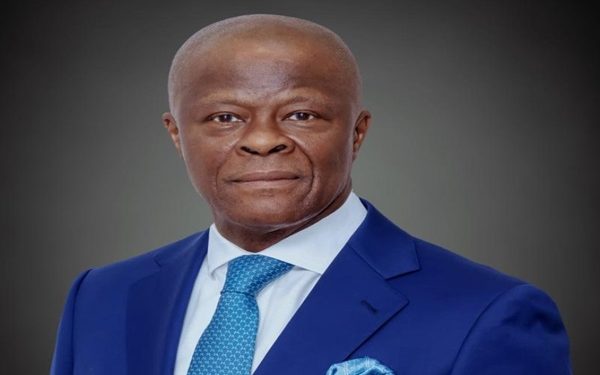Nigeria’s debt-to-Gross Domestic Product (GDP) ratio has dropped to 38.8 per cent, according to the Minister of Finance and Coordinating Minister of the Economy, Wale Edun. The figure, announced yesterday, reflects ongoing macroeconomic reforms and stronger revenue performance.
The current ratio is significantly below the global benchmark of 60 per cent, suggesting that Nigeria’s debt position remains sustainable. By the end of the first quarter of 2025, the country’s total public debt stood at N149.39 trillion ($97 billion). Of this, 53 per cent came from domestic borrowing while 47 per cent was external.
Edun disclosed that government revenue grew by 34.7 per cent in the first half of 2025, compared with the same period last year. This increase, he noted, has expanded the country’s fiscal space, enabling greater investment in critical sectors.
According to him, the administration’s economic reforms are already yielding positive outcomes, including stronger investor confidence. He added that the government is committed to project-linked borrowing that guarantees returns, while steering clear of unsustainable financing models such as excessive money printing.
Edun assured Nigerians that debt levels will remain under control as reforms deepen, creating a foundation for long-term growth and stability.















